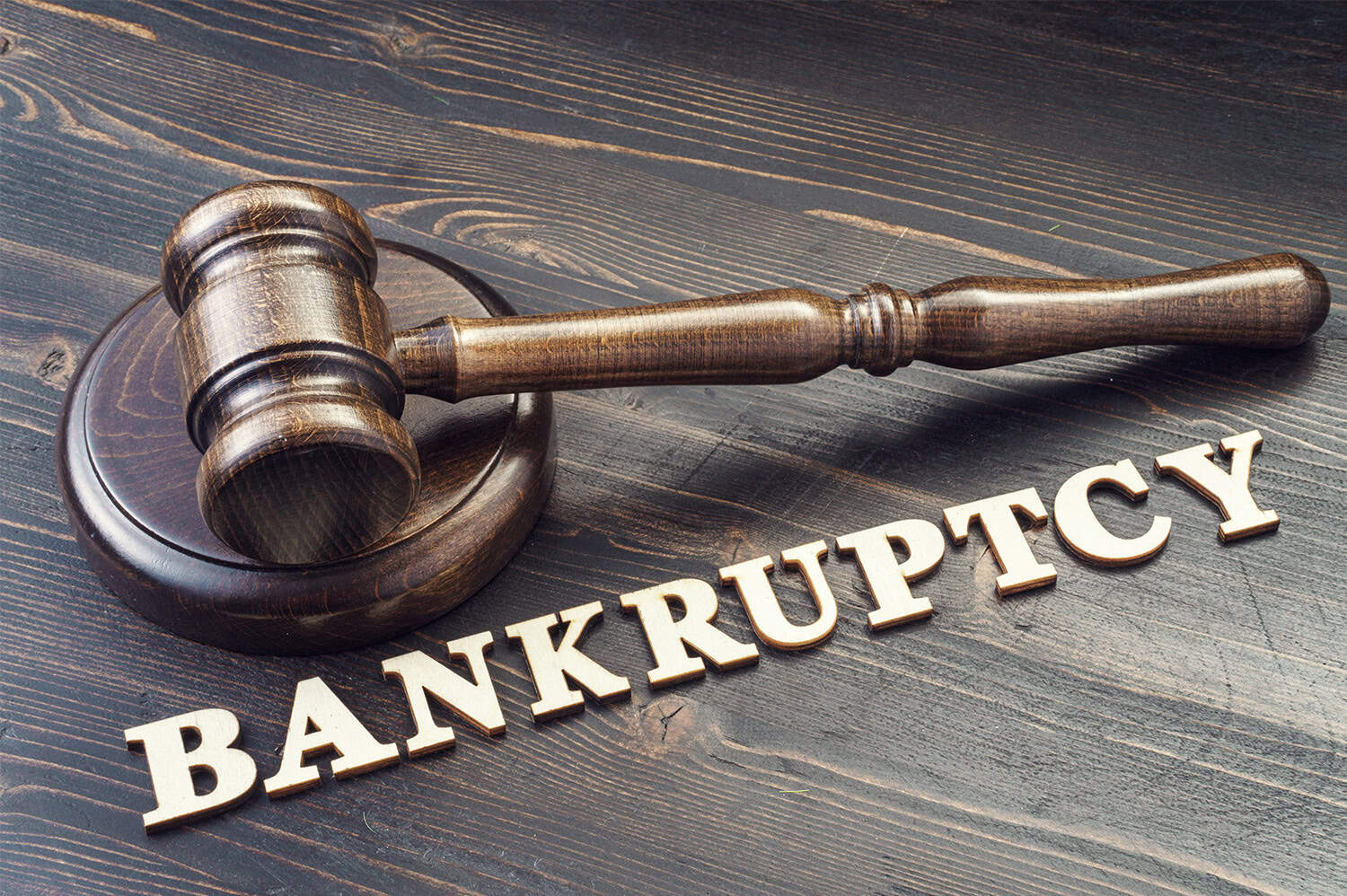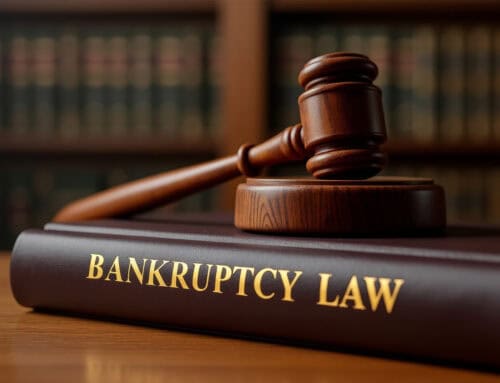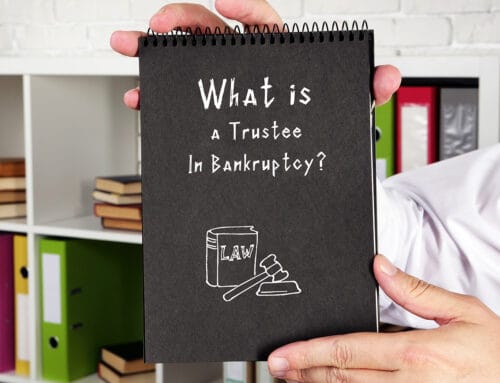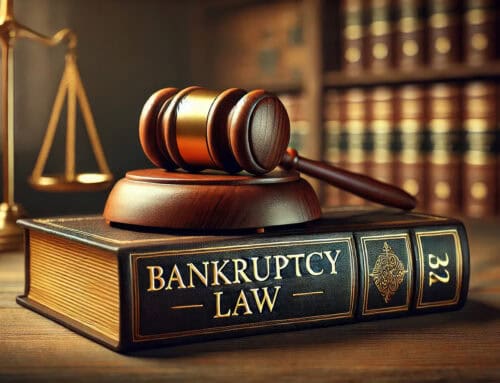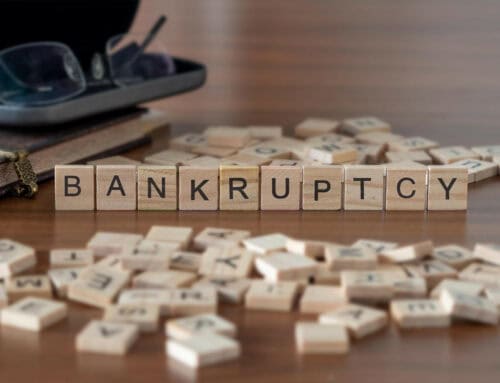What Happens to Luxury Assets in Bankruptcy Filings?
For individuals drowning in debt, filing for bankruptcy can offer a financial lifeline. It provides relief by halting creditor actions and, in many cases, discharging burdensome obligations. However, not all assets are treated equally in bankruptcy proceedings—particularly when it comes to luxury items. If you own a high-end vehicle, designer jewelry, or pricey collectibles, it’s important to understand how these “luxury assets” can affect your case, especially under California’s specific bankruptcy laws.
Below, we explore what is considered a luxury asset, how it’s evaluated during the bankruptcy process, and steps you can take to protect your property while still meeting legal requirements.
Defining “Luxury Assets”
The term “luxury asset” generally refers to items that go beyond basic living necessities—think high-end cars, fine art, designer handbags, expensive jewelry, yachts, or vacation homes. While some of these assets might have both financial and sentimental value, the bankruptcy court may view them as non-essential possessions that could be sold to repay creditors.
Necessities vs. Luxuries
A standard sedan used for commuting is likely to be viewed as a necessary asset, while a sports car or a second vehicle for recreational purposes may be deemed a luxury. Similarly, the family residence (within certain equity limits) is typically protected under various bankruptcy exemptions in California, but a second home or an expensive vacation property might be more vulnerable. Understanding this distinction is critical for anyone filing for bankruptcy.
Bankruptcy Chapters and Their Treatment of Luxury Assets
The chapter of bankruptcy you file plays a significant role in how your luxury assets are handled. While the broad goal of both Chapter 7 and Chapter 13 is to help you manage or discharge overwhelming debt, they approach asset liquidation and debt repayment differently.
Chapter 7 Bankruptcy
In a Chapter 7 bankruptcy—often called “liquidation bankruptcy”—a trustee can sell non-exempt assets to pay off creditors. Exemptions are federal- or state-specific laws that protect certain property from liquidation. California offers two different sets of exemptions (often referred to as “System 1” and “System 2”), but neither set usually covers high-end luxury items. If the trustee determines that your luxury asset has significant resale value, it may be liquidated to repay your creditors.
For instance, if you own a luxury sports car and you’ve fully paid it off, the trustee could sell the car if it’s deemed non-exempt. That said, if you owe a substantial amount on the car loan, or if it is leased, the situation becomes more complex—sometimes the trustee may choose not to sell an asset if there’s little or no equity to gain from it.
Chapter 13 Bankruptcy
Chapter 13 bankruptcy involves creating a court-approved repayment plan to pay back your debts over three to five years. You can generally keep your assets, including luxury items, as long as you stick to the repayment schedule. However, the plan must reflect the value of your non-exempt assets. This means you could be required to pay more into your repayment plan if you have significant equity in luxury items. Essentially, the idea is that creditors shouldn’t receive less in Chapter 13 than they would have if you had filed a Chapter 7 and liquidated your non-exempt possessions.
Fraud Concerns with Recent Luxury Purchases
A topic closely related to luxury assets is the treatment of recent high-end purchases made on credit, especially in the weeks or months leading up to a bankruptcy filing. Courts and trustees scrutinize these transactions to ensure filers aren’t abusing the bankruptcy system. Luxury purchases made shortly before filing can raise red flags:
- Presumption of Fraud: If you purchase luxury items above a certain threshold within a specific time frame before filing (often around 90 days), the debt for those items may not be dischargeable. The court may assume you never intended to repay, viewing these transactions as potential fraud.
- Credit Card Usage: High balances on multiple credit cards may come under scrutiny, especially if large sums were used for non-essential purchases. If the trustee suspects you incurred debt with no intention to repay, they could challenge the discharge of those specific debts.
- Transparency Is Crucial: Full disclosure of all assets and debts is essential. Attempting to hide or transfer luxury items to someone else’s name before filing can lead to serious legal consequences, including denial of a discharge or even allegations of bankruptcy fraud.
California Exemptions and Luxury Goods
One of the most commonly asked questions by Californians considering bankruptcy is whether they can protect their luxury assets through the state’s exemptions. California does not typically provide generous exemptions for items considered beyond the scope of daily living. For example:
- Homestead Exemption: This protects equity in your primary residence up to a certain dollar amount, which can be quite substantial in California, but it won’t usually help with a second property or vacation home.
- Vehicle Exemption: There is a limit on the vehicle exemption, and it’s designed to protect a reasonable, necessary mode of transportation. A high-value luxury car might exceed these limits.
- Personal Property Exemptions: While there are exemptions for clothing, household goods, and personal effects, these won’t generally cover expensive jewelry or collectibles.
It’s crucial to determine how your assets fit under California’s exemption laws before filing. A qualified attorney can walk you through the details and help you make the best choices, such as selecting the exemption system that offers you the greatest protection.
Strategies for Navigating Luxury Asset Challenges
- Consult a Professional Early: If you’re considering bankruptcy and have valuable items, it’s wise to speak with an attorney about your specific situation. They can advise whether Chapter 7 or Chapter 13 is more suitable and how to handle any non-exempt property.
- Avoid Transferring Assets: Transferring assets to friends or family right before filing is a common mistake that can be viewed as fraudulent. It’s always better to be transparent.
- Keep Detailed Records: Document the purchase and maintenance of your high-value items. If a trustee questions the origin of your property or the extent of its worth, you’ll have records to clarify its history and fair market value.
- Assess Your Possessions Realistically: Sometimes, selling a high-value luxury item before filing—at a fair market price—can allow you to use the proceeds for living expenses or other necessary costs. However, such a decision must be made with legal guidance to avoid any misunderstandings about asset manipulation.
The Role of Legal Guidance
Navigating the complexities of bankruptcy is challenging, and the presence of luxury assets adds another layer of nuance. A knowledgeable legal professional can help ensure you comply with all requirements and maximize exemptions where possible. At the Law Offices of Brent D. George, we’re dedicated to helping Californians find the right financial path. We’ll assess your circumstances, outline your options, and guide you toward a resolution that best protects your interests.
Finding a Path Forward
Filing for bankruptcy is never an easy choice, and the fate of luxury assets can feel especially overwhelming. While it’s possible some of your high-end belongings might be sold or contribute to a repayment plan, each case is unique. Many factors—from the type of bankruptcy filed to the timing and nature of the asset acquisition—can significantly influence the outcome.
By seeking informed legal advice, you’ll have a clearer understanding of what to expect and how best to move forward. When handled properly, bankruptcy can provide a much-needed fresh start, allowing you to rebuild your financial future with greater stability—even if it means making sacrifices along the way. Contact us today for a free, confidential consultation, and let us assist you on your journey toward a fresh financial start.
Disclaimer: This article is intended for informational purposes only and does not constitute legal advice. For personalized assistance, please contact our office at (805)494-8400.

